Stephen Batchelor is a contemporary Buddhist teacher and writer, best known for his secular or agnostic approach to Buddhism. Stephen considers Buddhism to be a constantly evolving culture of awakening rather than a religious system based on immutable dogmas and beliefs. In particular, he regards the doctrines of karma and rebirth to be features of ancient Indian civilization and not intrinsic to what the Buddha taught. Buddhism has survived for the past 2,500 years because of its capacity to reinvent itself in accord with the needs of the different Asian societies with which it has creatively interacted throughout its history. As Buddhism encounters modernity, it enters a vital new phase of its development. Through his writings, translations and teaching, Stephen engages in a critical exploration of Buddhism’s role in the modern world, which has earned him both condemnation as a heretic and praise as a reformer.
Stephen was born in Dundee, Scotland, on April 7, 1953. After completing his education at Watford Grammar School, he travelled overland to India in February, 1972, at the age of eighteen. He settled in Dharamsala, the capital-in-exile of the Dalai Lama, and studied at the Library of Tibetan Works and Archives with Ven. Geshe Ngawang Dhargyey. He was ordained as a novice Buddhist monk in 1974. He left India in 1975 and studied in Switzerland, Germany and then South Korea. He remained in Korea until the autumn of 1984, when he left for a pilgrimage to Japan, China and Tibet.
He disrobed in February 1985 and married Martine Fages in Hong Kong before returning to England and joining the Sharpham North Community in Totnes, Devon, where he became coordinator of the Sharpham Trust and co-founder of the Sharpham College for Buddhist Studies and Contemporary Enquiry.
In August 2000, he and Martine moved to Aquitaine, France, where they live in a small village near Bordeaux with their cat Alex. While at home he pursues his work as a scholar, writer and artist. For several months each year, he travels worldwide to lead meditation retreats and teach Buddhism.
Personal web-site:
Other web-sites:
http://www.audiodharma.org/talks/StephenBatchelor.html
http://en.wikipedia.org/wiki/Stephen_Batchelor
http://www.enlightennext.org/magazine/j20/batchelor.asp
http://www.hermitary.com/solitude/batchelor.html
http://www.westernchanfellowship.org/agnostic-buddhist.html
Bibliography:
- Living with the Devil: A Meditation on Good and Evil. New York: Riverhead Books, 2004.
- Verses from the Center: A Buddhist Vision of the Sublime. New York: Riverhead, 2000.
- Buddhism Without Beliefs: A Contemporary Guide to Awakening. New York: Riverhead, 1997. UK edition: London: Bloomsbury, 1998.<
- The Awakening of the West: The Encounter of Buddhism and Western Culture. London: Aquarian Press/ Berkeley: Parallax Press, 1994.
- The Faith to Doubt: Glimpses of Buddhist Uncertainty. Berkeley: Parallax Press
- The Tibet Guide. London/Boston, 1987. .
- Alone With Others: An Existential Approach to Buddhism. New York: Grove Press, 1983.
Translator (from Tibetan)
- Geshe Rabten. Song of the Profound View. London/Boston: Wisdom Publications, 1989.
- Geshe Rabten. The Mind and its Functions: A Textbook of Buddhist Epistemology and Psychology. Mt. Pelerin, Switzerland: Rabten Choeling, 1991.
- Geshe Rabten. Echoes of Voidness. London/Boston: Wisdom Publications, 1983. Italian translation: Le Tre Vie per la Realizzazione della Vacuita. Rome: Ubaldini Editore, 1985.
- German translation: Essenz der Weisheit. Hamburg, Dharma, 1990.
- Shantideva. A Guide to the Bodhisattva’s Way of Life. Dharamsala, India: Library of Tibetan Works and Archives, 1979.


